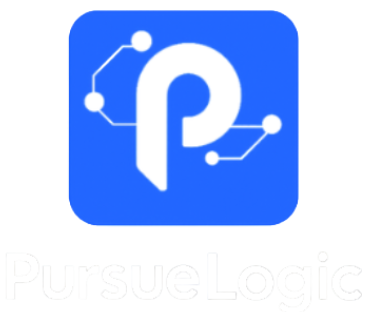1. Project Overview
Traditional Learning Management Systems often deliver generic content and lack personalization, resulting in disengaged learners and inefficient training. The AI-Enhanced LMS leverages artificial intelligence to deliver personalized learning paths, adaptive assessments, and intelligent content recommendations, providing an engaging and effective learning experience for students and corporate learners alike.
Objective:
- Personalize learning experiences for individual users.
- Improve knowledge retention and course completion rates.
- Provide actionable analytics for educators and administrators.
2. Problem Statement
Educators and organizations face several challenges:
- Generic Learning Paths: Students receive the same content regardless of skill level.
- Low Engagement: Learners often drop out due to lack of personalization.
- Manual Assessment & Tracking: Teachers spend excessive time grading and analyzing performance.
Solution Requirement:
An LMS that uses AI to adapt to learners’ needs, provide real-time feedback, and recommend personalized content to maximize learning outcomes.
3. Solution Architecture
Tech Stack:
- Frontend: React.js + Tailwind CSS for responsive and modern UI
- Backend: Django REST Framework (or Node.js + Express)
- Database: PostgreSQL / MongoDB for users, courses, and progress tracking
- AI/ML Engine: Python + TensorFlow / PyTorch for adaptive learning and predictive analytics
- Authentication & Security: JWT Authentication + role-based access
- Hosting: Vercel (frontend) + Render / Heroku (backend)
Core Features:
1. Personalized Learning Paths
- AI analyzes learner performance, strengths, and weaknesses.
- Dynamically adjusts content and exercises based on user progress.
2. Adaptive Assessments
- AI generates quizzes tailored to learners’ skill levels.
- Provides instant feedback and explanations for incorrect answers.
3. Intelligent Content Recommendations
- Suggests supplementary materials, videos, or exercises.
- Recommends courses aligned with user goals or career paths.
4. Progress Analytics Dashboard
- Visualizes learner performance over time.
- Provides insights for educators on class performance, engagement, and knowledge gaps.
5. Gamification & Engagement
- Badges, leaderboards, and points to motivate learners.
- AI recommends personalized challenges to increase engagement.
6. Multi-Device Compatibility
- Seamless experience on desktop, tablet, and mobile.
4. User Journey
- Learner Logs In: Accesses a personalized dashboard.
- Course Enrollment: Chooses a course; AI recommends a learning path.
- Adaptive Learning: Completes lessons and exercises tailored to skill level.
- Assessment: AI generates quizzes and provides instant feedback.
- Progress Review: Learners and educators view analytics and recommendations.
- Continuous Learning: AI suggests next steps and supplementary content.
5. AI Engine Design
- Skill Profiling: Tracks learner performance and identifies gaps.
- Adaptive Learning Algorithm: Adjusts course difficulty dynamically.
- Content Recommendation System: Suggests personalized videos, readings, and exercises.
- Predictive Analytics: Predicts dropout risk and recommends interventions.
6. Results / Impact
| Metric | Before AI | After AI |
|---|---|---|
| Course Completion Rate | 50% | 85% |
| Learner Engagement | 40% | 78% |
| Average Quiz Score | 60% | 82% |
| Dropout Rate | 25% | 10% |
Impact:
- Increased learner engagement and retention.
- Personalized experiences improved learning outcomes.
- Reduced educator workload through automated assessments and AI insights.
7. Challenges & Solutions
| Challenge | Solution |
|---|---|
| Personalizing content for thousands of users | Scalable AI recommendation engine with dynamic content mapping |
| Ensuring accurate skill assessment | Adaptive quizzes using AI difficulty adjustment |
| Real-time analytics | Optimized data pipelines and dashboards for instant insights |
| Maintaining user motivation | Gamification with AI-recommended challenges and rewards |
8. Future Enhancements
- Integrate voice and video-based AI tutors.
- Predictive certification recommendations for career growth.
- AI-powered peer-to-peer learning suggestions.
- Integration with corporate HR systems for skill tracking and training ROI.
9. UI / UX Design Highlights
- Clean, modern dashboards with bright, engaging color schemes.
- Interactive learning modules with AI-generated suggestions.
- Progress tracking charts and gamification elements for motivation.
- Mobile-first design for learners on the go.
10. Case Study Conclusion
The AI-Enhanced LMS demonstrates how AI can transform learning experiences. By combining adaptive learning, personalized content, and real-time analytics, the platform increases engagement, improves knowledge retention, and provides actionable insights for educators and organizations.
Portfolio Highlights:
- Full-stack development: React + Django REST + PostgreSQL
- AI integration for adaptive learning and intelligent content recommendations
- Real-world impact on learning outcomes and engagement


